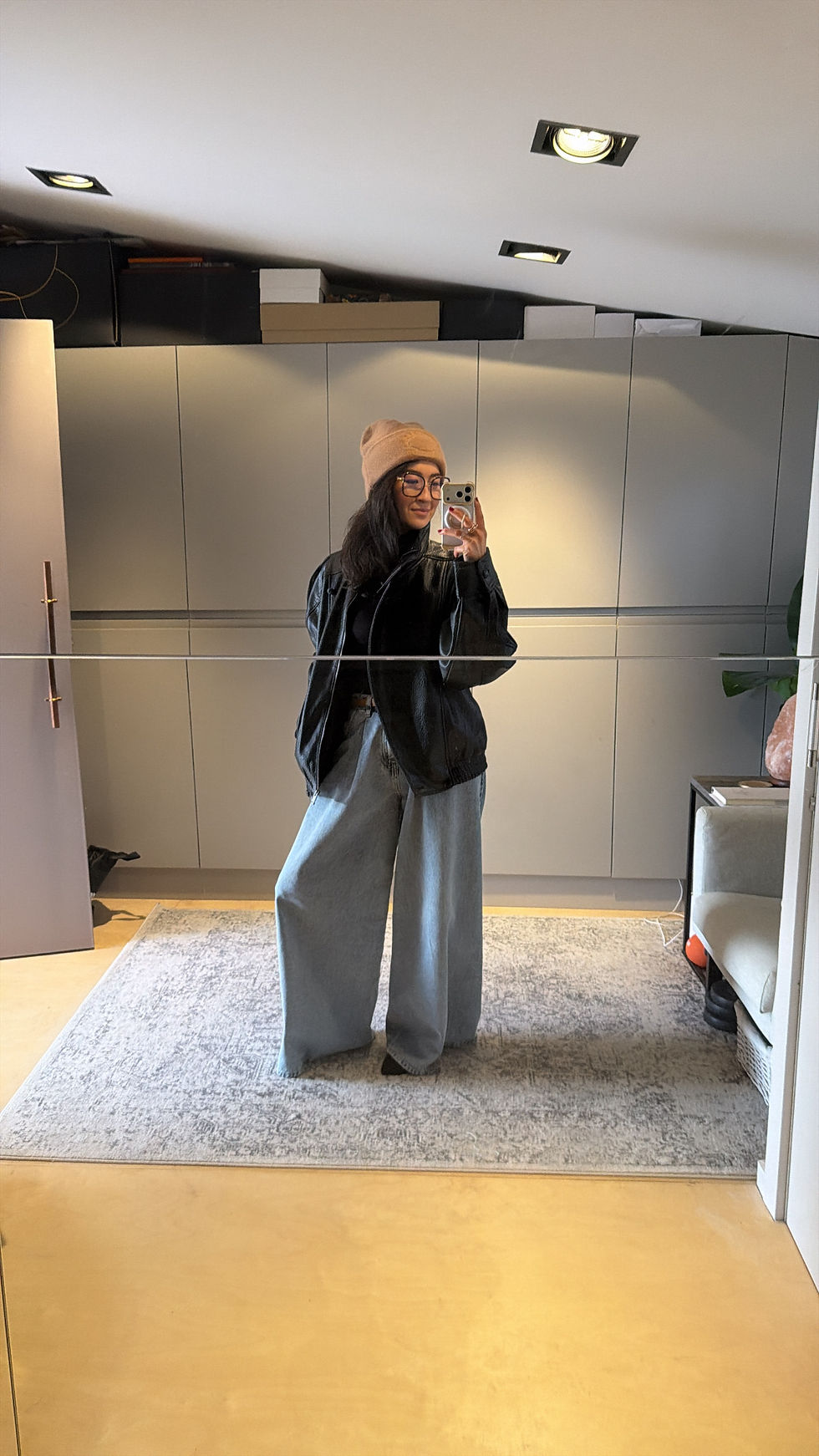Do You Have Rosacea Or Just Redness?
- Emmaline Tsui
- May 13, 2024
- 3 min read
Rosacea is a common but often misunderstood skin condition that affects millions of people worldwide. In my clinic I do see it now and again with clients and it can be quite difficult to treat (and also get a diagnosis for!).

Characterised by redness, flushing, and visible blood vessels, rosacea can have a significant impact on both physical appearance and quality of life. If you suspect you may have rosacea, it's essential to understand the signs and symptoms so you can seek appropriate treatment. Here are some questions to consider:
1. Do you experience frequent flushing or blushing, particularly in the central part of your face?
2. Do you notice persistent redness, especially on the cheeks, nose, chin, or forehead?
3. Have you ever developed small, red bumps or pustules on your face, similar to acne but without blackheads?
4. Do you have visible blood vessels (telangiectasia) on your face, particularly around the nose and cheeks?
5. Do you often experience a burning or stinging sensation on your skin?
6. Have you noticed thickening of the skin, particularly on the nose (rhinophyma)?
7. Does your skin feel unusually sensitive or irritated, especially in response to skincare products or environmental triggers?
8. Have you experienced eye symptoms such as dryness, redness, itching, or a gritty sensation (ocular rosacea)?
9. Do your symptoms worsen in response to certain triggers, such as sun exposure, hot or spicy foods, alcohol consumption, or stress?
10. Have you been diagnosed with other skin conditions such as eczema or psoriasis, or autoimmune disorders such as lupus, which may increase your risk of developing rosacea?
If you answered yes to several of these questions, it's possible that you may have rosacea. However, only a qualified dermatologist can really provide an accurate diagnosis. If you suspect you have rosacea or are experiencing concerning symptoms, it's essential to schedule an appointment with a dermatologist or skin specialist for a comprehensive evaluation and personalised treatment plan.
In the meantime, there are steps you can take to help manage your symptoms and minimise flare-ups. Avoiding known triggers, such as excessive sun exposure, spicy foods, alcohol, and harsh skincare products, can help reduce redness and irritation. Gentle skincare practices, including using a mild cleanser and moisturiser suitable for sensitive skin, can also help maintain skin health.
Recently I have started stocking the brand Senté which specialise in treating skin redness and hyperpigmentation. The results from their studies have very impressive, as are their before and after images...

Senté is one of the only brands that is actually recommended by the American Rosacea Society as well.
If you wish to learn more about Senté, then please either contact me here, or visit the Senté page here.
Their Dermal Repair Cream is designed to decrease inflammation and redness in the skin using Heparan Sulfate Analog (HSA), vitamin E and Green Tea Extract.
Can you treat redness?
Redness or skin flushing can be caused by so many things. Broken capillaries from harsh climates or spending a lot of time outdoors, hot flashes and sweating, certain foods, allergies... the list goes on... and on...
Redness can be something that comes and goes as well (similarly to rosacea). If you are someone who seems to be struggling from redness, the Senté creams can really help. You might also want to consider the SkinBetter Science Mystro as well which you can order here. This can help to reduce redness and even out the complexion, resulting in a more even toned skin.

Another option if you struggle with dry, red and dehydrated skin is the Hydrinity Restorative Kit. This contains their medical and injectable grade hyaluronic acid alongside their PPM6 technology which is a blend of peptides and antioxidants to help heal, calm, soother and repair dry and irritated skins. I highly recommend this if you find that your have a very 'reactive' skin type that can flare up with redness at any time,
The kit contains the Hyacyn Active Mist to kill bacteria on the skin and promote wound healing and then you would follow this with the Restorative HA Serum to hydrate, calm, soothe and repair the skin.
Remember, rosacea is a chronic condition that requires long-term management, but with proper treatment, good skincare practices and lifestyle modifications, many people with redness and rosacea can effectively control their symptoms and enjoy clear, healthy-looking skin. If you suspect you may have rosacea or redness that you're looking to treat, don't hesitate to contact me and I can find some products that could help treat it.
Thank you so much for reading,
Emmaline x




Comments